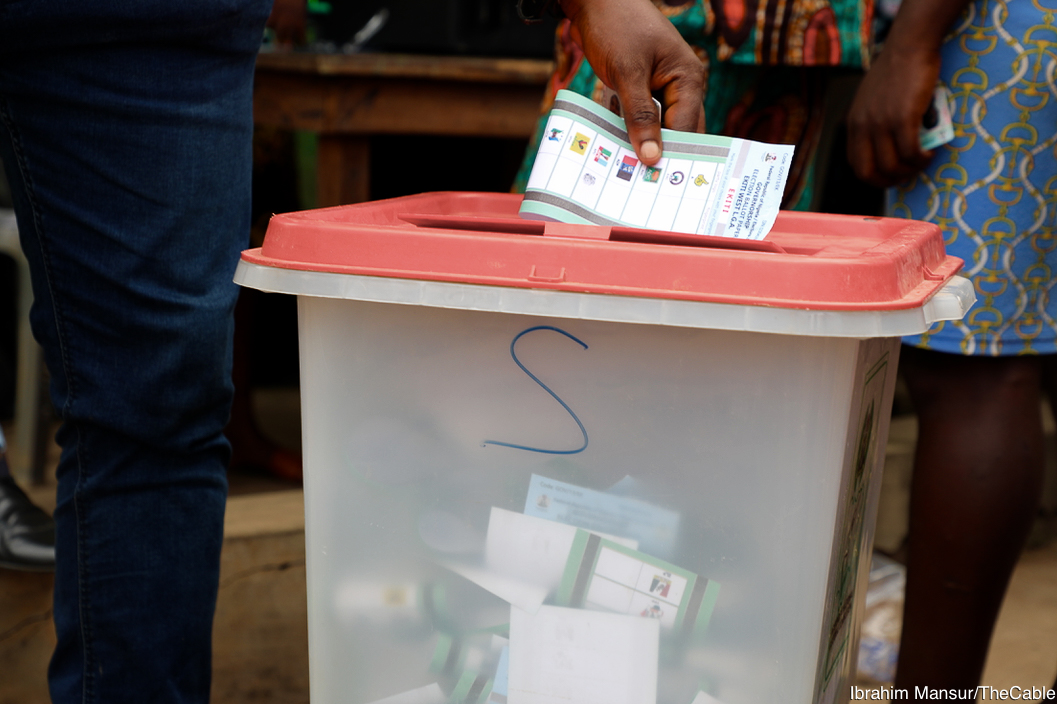By
Evans Ufeli Esq
The discussion surrounding a bill to criminalize the refusal to vote in Nigeria raises significant constitutional, ethical, and practical concerns. At its core, democracy thrives on the principles of choice and freedom, both of which are enshrined in the Nigerian Constitution. To impose penalties on individuals for choosing not to participate in the electoral process undermines these fundamental rights and poses a threat to the very essence of democratic governance.
Firstly, the proposed bill infringes upon the constitutional rights of citizens. The right to vote is indeed a cornerstone of democracy, but so is the right to abstain from voting. By punishing individuals who choose not to participate, the government risks violating Section 40 of the Nigerian Constitution, which guarantees the right to peaceful assembly and association. Citizens should not be coerced into voting; rather, they should feel empowered to make their own decisions about civic participation. Forcing individuals to vote can be seen as a form of coercion that contradicts the democratic principles of free will and personal agency.
Mandating participation in elections may seem like a straightforward solution to increase voter turnout, but it is fundamentally counterproductive. True civic engagement cannot be achieved through force. Instead, it must be cultivated through education, awareness, and outreach. When citizens feel compelled to vote under threat of punishment, it risks fostering apathy and resentment towards the electoral process. This could lead to higher rates of disillusionment among the populace, ultimately diluting the integrity of the election itself. Citizens who vote out of fear rather than conviction are unlikely to engage meaningfully with the issues at stake or take responsibility for their choices.
Furthermore, the proposal reflects a fundamental irresponsibility on the part of lawmakers. Rather than addressing the root causes of low voter turnout—such as electoral disenfranchisement, lack of trust in the political system, and inadequate civic education—this bill diverts attention from necessary reforms. Genuine engagement in the electoral process requires lawmakers to invest in initiatives that foster inclusivity and trust, such as improving electoral transparency, enhancing voter education, and ensuring that all citizens feel their voices matter.
Instead of criminalizing voter abstention, our focus should be on creating an environment where every citizen feels motivated to participate willingly. Investing in comprehensive voter education campaigns can empower citizens to understand their rights and the importance of their vote. Additionally, tackling systemic issues like electoral corruption and unequal access to voting can create a more inviting atmosphere for participation.
In conclusion, a bill that seeks to criminalize the refusal to vote in Nigeria is fundamentally flawed. It is unconstitutional, counterproductive, and irresponsible, undermining the very principles of democracy it aims to uphold. Instead of enforcing punitive measures, we must prioritize fostering an inclusive electoral culture that encourages all citizens to engage meaningfully in the democratic process. Only then can we ensure that our democracy is vibrant, representative, and truly reflective of the will of the people.




